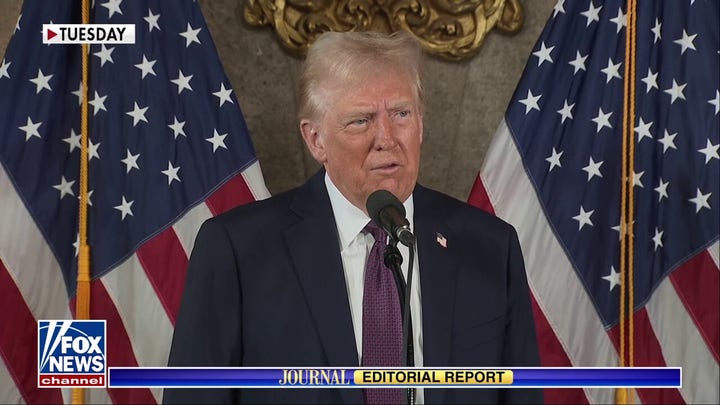President-elect Donald Trump’s return to power on January 20 is one of the most anticipated of any modern presidency and is likely to be one of the most consequential. America’s friends and adversaries are watching closely and thinking hard about their relationships with the United States.
Trump’s election-winning ‘America first’ vision foresees a strong America in the world that is respected and seeking peace through strength. America’s allies need to hear the message the American people have sent and calibrate their partnerships in order to work with and alongside the U.S. to stand up for the joint interests that unite us.
The astute among America’s allies will be observing the comprehensive nature of Trump’s November election win. On the numbers alone – across the popular vote and spanning different demographic groups – this victory demonstrated a campaign that responded to the central concerns and interests of a vast swath of the American people.
Trump’s great skill as a political campaigner is to tap into sections of an electorate that feel unheard. Having been at the core of three winning UK election campaigns, I know well that this ability to build such a coalition across the country is the holy grail and key to political success.
His victory can be seen to represent the many Americans who work hard, yet for whom life is a struggle; communities that fear prices at the checkout, witness illegal migration accelerating and see opportunities for their children diminishing. Working people who feel their concerns have been either ignored or, worse, stigmatized by traditional politics.
Five decades as a politician and latterly as a businessman have taught me always to hear your electorate and listen to your customer. Alliances between foreign nations need to do the same. Foreign relationships must hear these messages and evolve rapidly to deliver for their citizens. The Atlantic alliance cannot simply enjoy its glorious past – it must adapt to new threats and technological challenges.
I am listening hard to the message that millions of Americans delivered in November. Tuning into a similar set of concerns among large chunks of the British public, such as addressing the rising cost of living and making our streets safe again, won my party a comprehensive victory in July last year.
As I prepare to start my role as custodian of a decades-old ‘special relationship,’ I reflect on my work with multiple U.S. administrations – Republican and Democrat – across the intensive U.S.-U.K. relationship. I see three areas of major potential for expanded partnership between Britain and today’s America: economic growth, national security and foreign policy realism.
